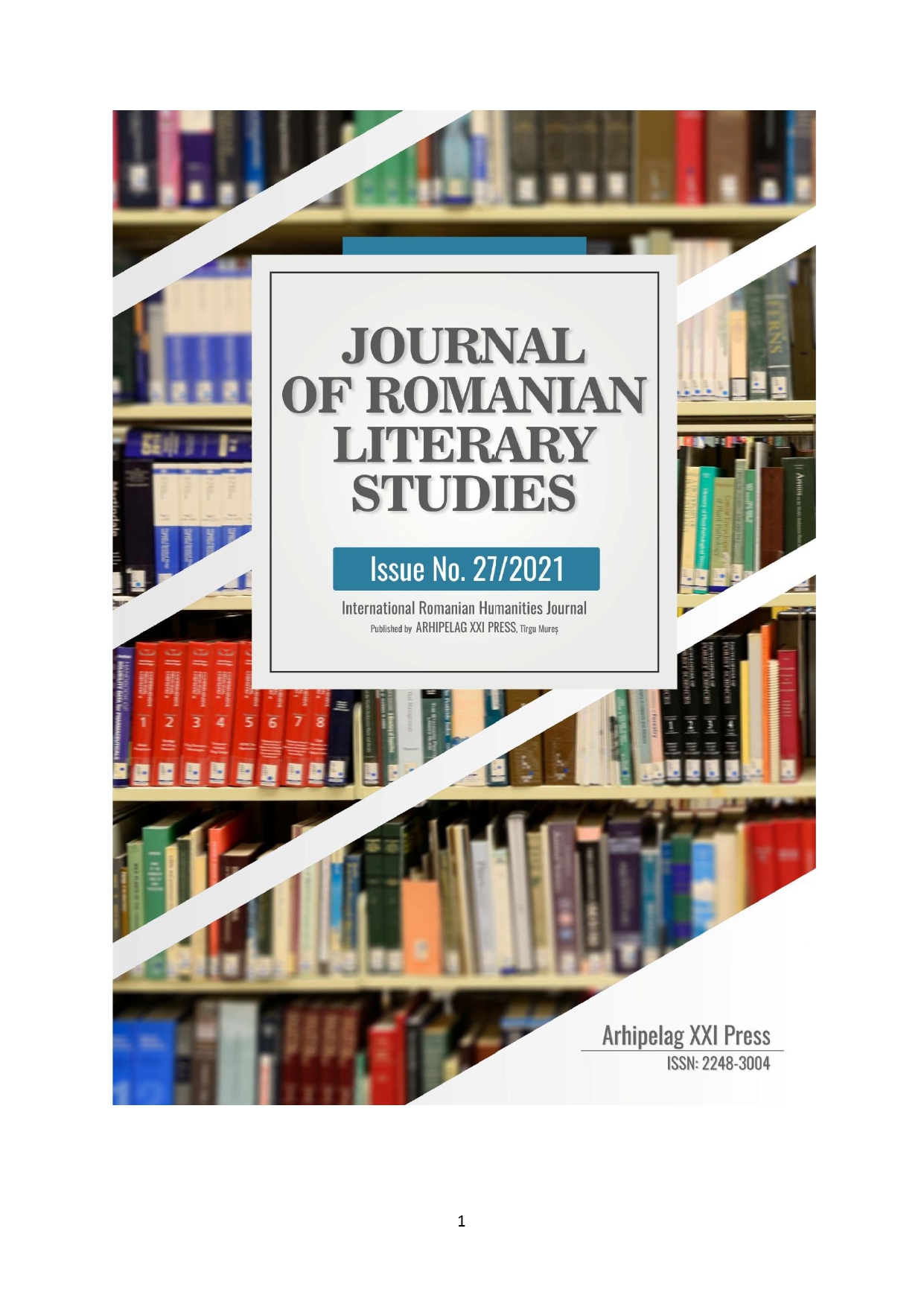INFLUENCES AND MANIFESTATIONS OF THE FANTASTIC GENRE IN THE ERA OF ROMANTICISM
INFLUENCES AND MANIFESTATIONS OF THE FANTASTIC GENRE IN THE ERA OF ROMANTICISM
Author(s): Oana BădăluțăSubject(s): Studies of Literature, Short Story, Philology, Theory of Literature
Published by: Editura Arhipelag XXI
Keywords: fantasy; myth; romance; satire; short story;
Summary/Abstract: The beginning of the fantastic is considered, by most researchers, to be the myth, an inexhaustible source, which maintains an almost visible balance between the characters and their actions, in any fantastic story. The sudden evolution of the fantastic takes place between the XVIIIXX centuries, without imposing literary paradigms for a certain time interval, the process of developing the fantastic or the taste for the fantastic proving to be unstable, starting from Antiquity (mediated by the aesthetic formula of the menippean satire), until the era of contemporary modernism, being in the multiple form of the fantasy subgenres, especially the science-fiction one. The term fantastic originally signified the deceptive, fanciful, illusory universe, which does not belong to reality and cannot be explained or avoided, so the concept discussed evades any attempt to be defined, in a definitive and exhaustive way. The origin of the fantastic is associated with the menippean satire. The valorization of this species is found especially in the works of Antiquity: Satyricon, Petronius, and the stories of the writer Lucian, the Golden Donkey or Asinus Apuleius. Apuleius's novel is considered to be the first fantastic novel of Antiquity, because the imaginary is received ontologically dual, both from a human and animal perspective. By taking over the information from the Middle Ages and the Renaissance, the fantastic establishes its directions of evolution, oriented in the three periods congruent to the Romantic current: Pre-Romanticism, Romanticism and Post-Romanticism. The beginning of the forms of manifestation of the fantastic takes place in the Medieval period, when the fantastic short story is affirmed. The literary species that triggered the taste for fantasy in Romanticism is considered to be the horror novel, introduced by Ernst Theodor Amadeus Hoffmann in 1850. In the second part of late Romanticism, the writers Edgar Allan Poe and Gérard de Nerval mark the limit and paroxysm of the category of the fantastic. In Romantic literature, the fantastic is associated with the term of fantasy. Romantic aesthetics favors the mechanisms of the fantastic, thus representing a fashion, a universal pattern, an expressive matrix of the new sensitivity, which imposes its own rules in European thinking and culture. In Modernism, new meanings and approaches have been added to the concept, achieving associations of synonymous terms, such as fantasy.
Journal: Journal of Romanian Literary Studies
- Issue Year: 2021
- Issue No: 27
- Page Range: 571-581
- Page Count: 11
- Language: Romanian

